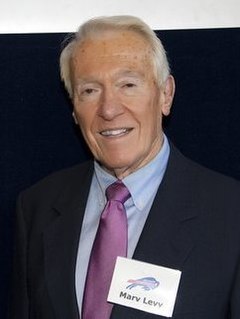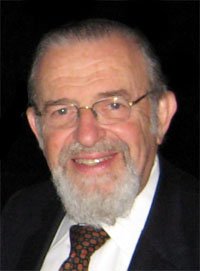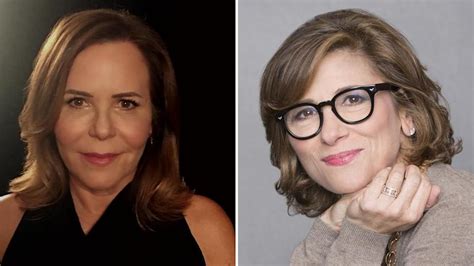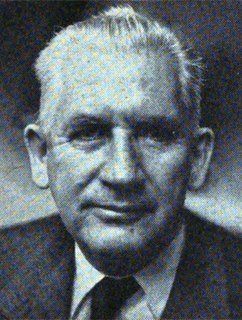A Quote by Jeffrey Rosen
When I was in law school I was taught that the great writers were people like [Oliver Wendell] Holmes Jr. and [Benjamin N.] Cardozo. But you go back and read their prose and it's sort of perfumed and very ornate and show-offy. And they're constantly striving for these abstractions that seem archaic nowadays.
Related Quotes
In high school, in 1956, at the age of sixteen, we were not taught "creative writing." We were taught literature and grammar. So no one ever told me I couldn't write both prose and poetry, and I started out writing all the things I still write: poetry, prose fiction - which took me longer to get published - and non-fiction prose.
So many of the great detectives that we see on television now owe their origins to Sherlock Holmes. What was very exciting about Rob's pitch and script was that he is a real Holmes-ian expert. He knew all of the mythology. He was very well-versed in the genesis of Holmes and the stories. And the twist with Watson is something we jumped at immediately. It's a very forward-thinking way of doing the show.
But the doctors in the past, as the review of the evidence showed, branded Jenner, Semmelweis, Oliver Wendell Holmes, Sr., Pasteur, Lister, Koch and Keen as charlatans...Napoleon said that war is too important to be left to the generals. We go on the assumption in the Senate that foreign relations are too important to be left to the diplomats...this question (on a novel cancer cure) is too important to leave purely to doctors.
I also wanted to be like my brothers, physically, and yet not physically. So I would constantly - and I think nowadays it's taken for granted that this is what girlfriends do - I would constantly wear their shorts, put on their shirts. That did not seem odd because we were desperately poor for quite a while. It wasn't as if pretty little girlie things were available to me.
Later, I went one step further, by putting in some invented "historical" bits [into the Lincoln in the Bardo]. And reading those alongside the actual historical bits was like looking into a sort of a painful mirror, because "my" parts were so show-offy at first. They stood out because they were so flamboyant.
Poets seem to write more easily about love than prose writers. For a start, they own that flexible ‘I’…. Then again, poets seem able to turn bad love – selfish, shitty love – into good love poetry. Prose writers lack this power of admirable, dishonest transformation. We can only turn bad love into prose about bad love. So we are envious (and slightly distrustful) when poets talk to us of love.
In general, I would think that at present prose writers are much in advance of the poets. In the old days, I read more poetry than prose, but now it is in prose where you find things being put together well, where there is great ambition, and equal talent. Poets have gotten so careless, it is a disgrace. You can’t pick up a page. All the words slide off.



































